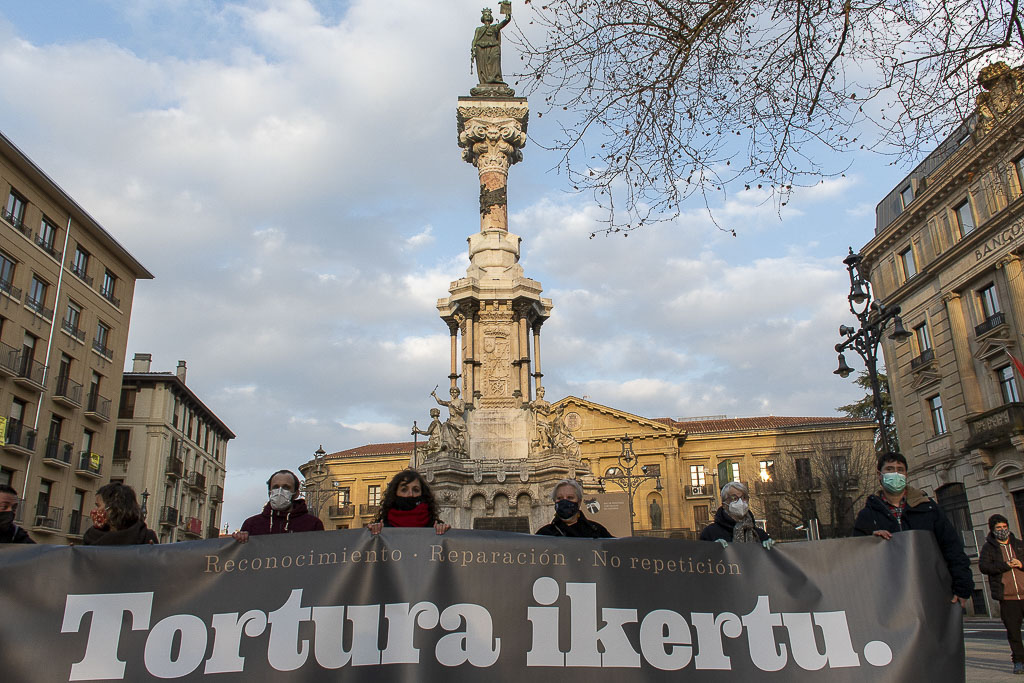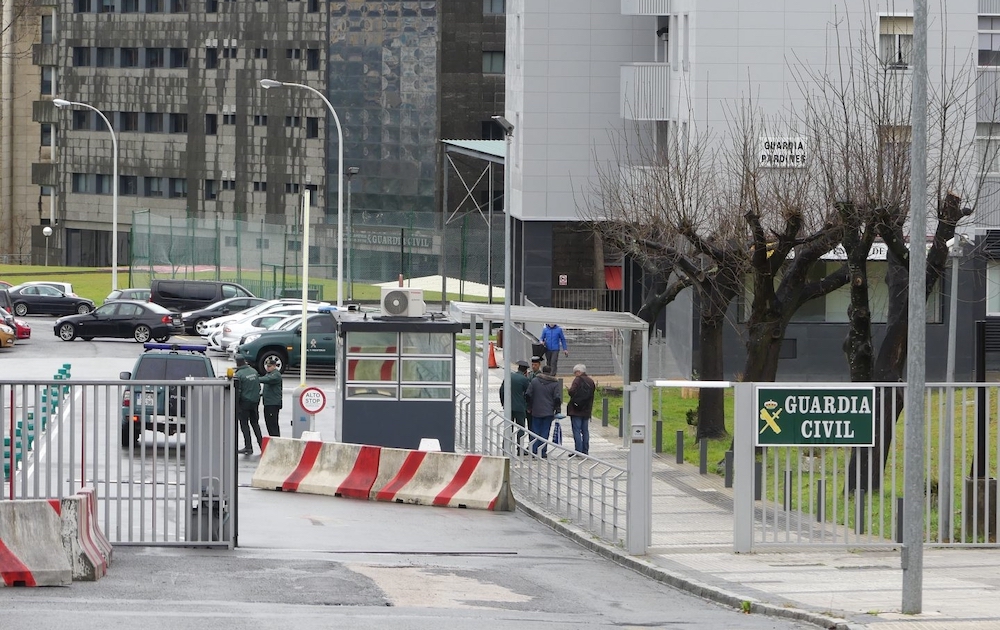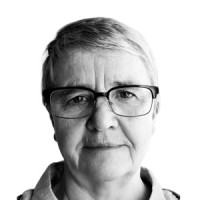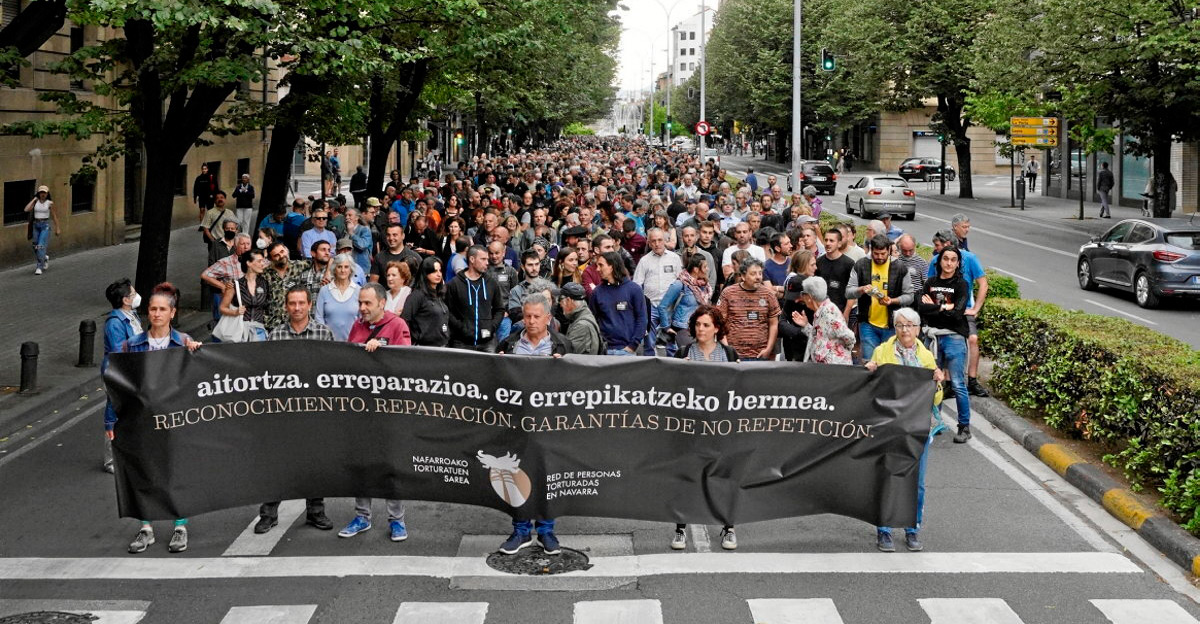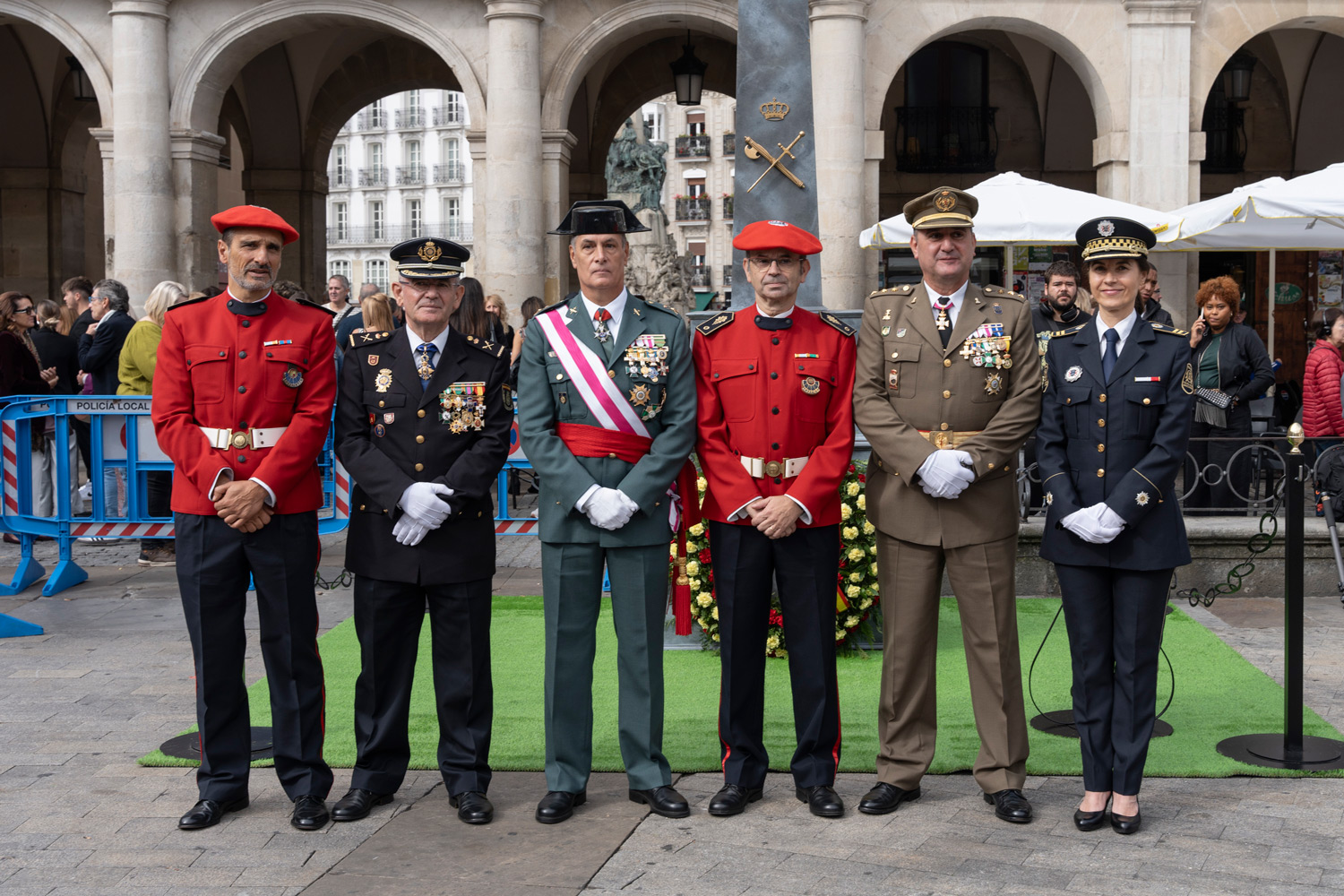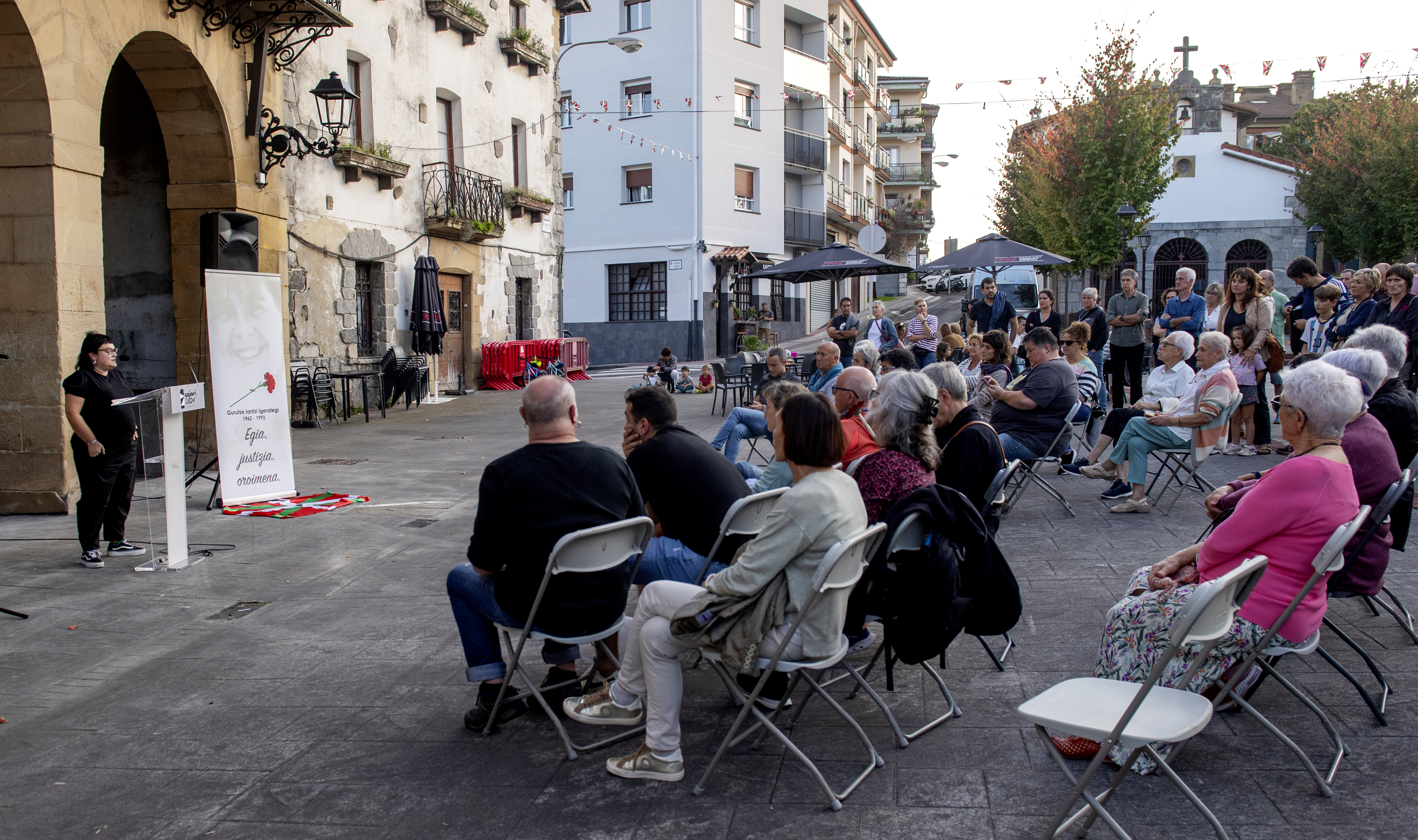900 victims of torture have presented the Network of Tortured People of the Basque Country
900 victims of torture have gathered in San Sebastian to present the Network of Tortured People of the Basque Country on February 15. The initiative aims to be a loudspeaker for the tortured, and citizens who have not yet reported torture are encouraged to join the network. The Basque Government and the Government of Navarre are asked to develop “mechanisms for official recognition and reparation”. The Basque Institute of Criminology has verified more than 5,000 cases of torture using the Istambul Protocol.

On Saturday was the public presentation of the network. The Kursaal Palace has brought together 900 people who have been tortured in the period from the “darkest times” of Franco’s regime until recently. Agurtzane Juanena and Iker Moreno spoke on behalf of the participants.
The aim of the network is to develop a “useful tool” for people who have suffered torture, and they called on citizens who have not yet exposed the torture they suffered to join the network. The network wants to be “the loudspeaker of thousands of silenced and denied voices” and socialize the reality of the tortured.
Alustiza explained that the study carried out by the Basque Institute of Criminology has verified more than 5,000 cases of torture, “although we know there are many more”. Alustiza and Moreno have asked the Basque Government and the Government of Navarre to develop “mechanisms for official recognition and reparation”, as they have done with their specific cases, and they have asked that all the cases received between 1960 and 2014 be analyzed in order to “end once and for all the denial of decades of torture”.
A shared responsibility
On the other hand, it has been declared that it is time to assume public responsibilities and that those responsible are beyond the Spanish State Security forces. The systematic torture in the Basque Country has been denounced and carried out “under the auspices of a whole structure”: judges, forensic doctors, the media and various political forces, among others, have been signaled for their shared responsibility. They consider it essential to assume public responsibility in the application of torture to advance the path of recognition and reparation of tortured people.
They stress that “the magnitude, density and intensity of torture in the Basque Country are not yet fully known.” They had not confined torture to those who had suffered it and called for its political, social, cultural and human consequences to be made known. To do this, they claim to have a feminist outlook.
They claim that what happened is due to be told to future generations, claim that they were tortured and that the reasons for the political context must be explained. This exercise has been considered as the most effective guarantee against the recurrence of torture.
They want to use what made them suffer for collective empowerment: “The most important thing is not what they did to us, but what we are able to do with it.”
Appointment of Agurtzane Alustiza in Ahotsa.info:
For further information, the awarded documentary Blue Files can be seen in Youtube in English.
For almost a century, there has been no generation in the Basque Country that has not known torture. There are 5,379 people officially since 1960, but there are many more, because appearing publicly as tortured still hurts. And probably because nothing has changed at the base... [+]
Otsailaren 13a Torturaren Kontrako eguna izanki, Euskal Herriko Torturaren Sareak gutun publiko bat igorri du. Poliziek torturatu euskal jendeen lekukotasunak bildu, eta aitortza egiteko xedea du sare berri horrek Euskal Herri osoan. Torturatuak izan diren 5.000 pertsonei... [+]
Jar gaitezen 2025erako proposamen politiko gisa, Espainiako Auzitegi Kolonialaren (AN) epai guztiak berrikusten hasteko eta makila bakoitzak bere belari eusteko.
Unionismoarekin lerrokatutako alderdi, sindikatu eta gizarte-erakunde gehienek, eta ez bakarrik horrela... [+]
This year marks the 51st anniversary of the United Nations proclamation of International Human Rights Day on 10 December. This date has become important in Euskal Herria and the Human Rights Observatory of Euskal Herria wants to offer some elements of reflection.
Progress on... [+]
In 2006, Baltasar Garzón, then star judge, suffered a kind of revelation and drafted a practice that guaranteed the rights of those detained for terrorism. The same judge saw hundreds of incommunicado detainees pass through his room, many with obvious signs of ill-treatment,... [+]
“In the newsletter today at noon, you will see the mayor of your capital, offering the main plaza of the city to the military body that tortured us. In today’s information at noon, you will see the structure that murdered our friends and relatives unravel through our... [+]
“In the newsletter today at noon, you will see the mayor of your capital, offering the main plaza of the city to the military body that tortured us. In today’s information at noon, you will see the structure that murdered our friends and relatives unravel through our... [+]









